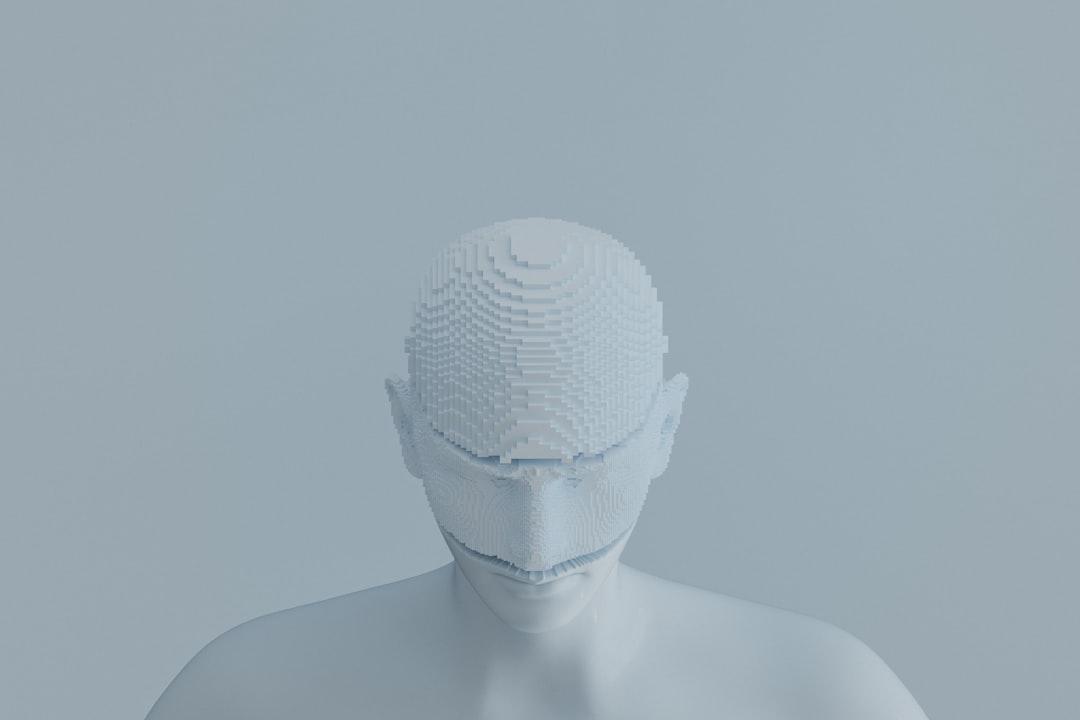Artificial Intelligence (AI) has come a long way since its inception. The roots of AI can be traced back to antiquity, with philosophers attempting to explain the human mind as a symbolic system. However, it wasn't until the 1940s, with the advent of electronic computers, that we saw the first manifestations of AI systems.
Fast forward to today, AI has grown into a formidable tool that is shaping the future of robotics. Robots are no longer just programmable machines; they are observing, learning, and adapting to their environments in ways eerily similar to humans.
AI in Today's Robotic Systems
The application of AI in robotics has been nothing short of transformative. Robots equipped with AI capabilities can now learn from their experiences, adapt to new situations, and even make decisions autonomously. A prime example of this is 'Theseus', Claude Shannon's early AI system, which demonstrated the ability to solve problems by learning from its mistakes.
Another example is the development of Dendral, the first expert system designed to assist organic chemists in identifying unknown organic molecules. By integrating AI, Dendral was able to learn, adapt, and generate solutions, much like a human expert.
The Impact of AI Advancements
These advancements in AI have had profound implications on various sectors. In healthcare, AI-enabled robots are assisting in complex surgeries, improving precision and reducing recovery times. In manufacturing, they're optimizing production lines, increasing efficiency, and reducing costs. And in e-commerce, they're personalizing customer experiences, predicting buying behaviors, and streamlining logistics.
Delivering Robots with Human-Like Learning Capability
The goal of endowing robots with human-like learning capabilities is becoming increasingly achievable. By integrating technologies like natural language processing, machine learning, and computer vision, robots can learn and perceive the world much like humans do.
For instance, AI is evolving—literally. Researchers have created software that borrows concepts from Darwinian evolution, including "survival of the fittest," to build AI programs that improve generation after generation without human input.
The Future of AI and Robotics
The future of AI and robotics holds immense possibilities. As robots continue to observe, learn, and adapt, they will become even more integrated into our daily lives. However, with these advancements come ethical and societal questions that we must address, such as the implications for employment and privacy, and the need for appropriate oversight and regulation.
In conclusion, as we stand on the brink of a new era in AI and robotics, it is essential to navigate these challenges thoughtfully. With careful planning and ethical considerations, we can harness the full potential of AI and robotics to benefit society as a whole.
